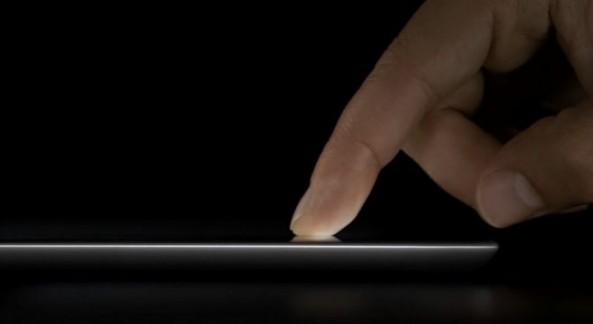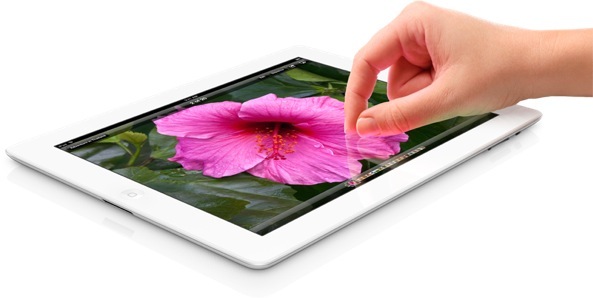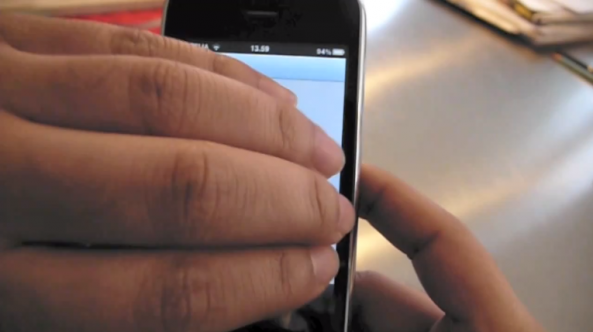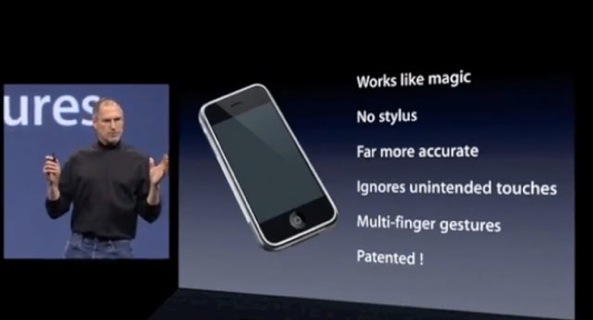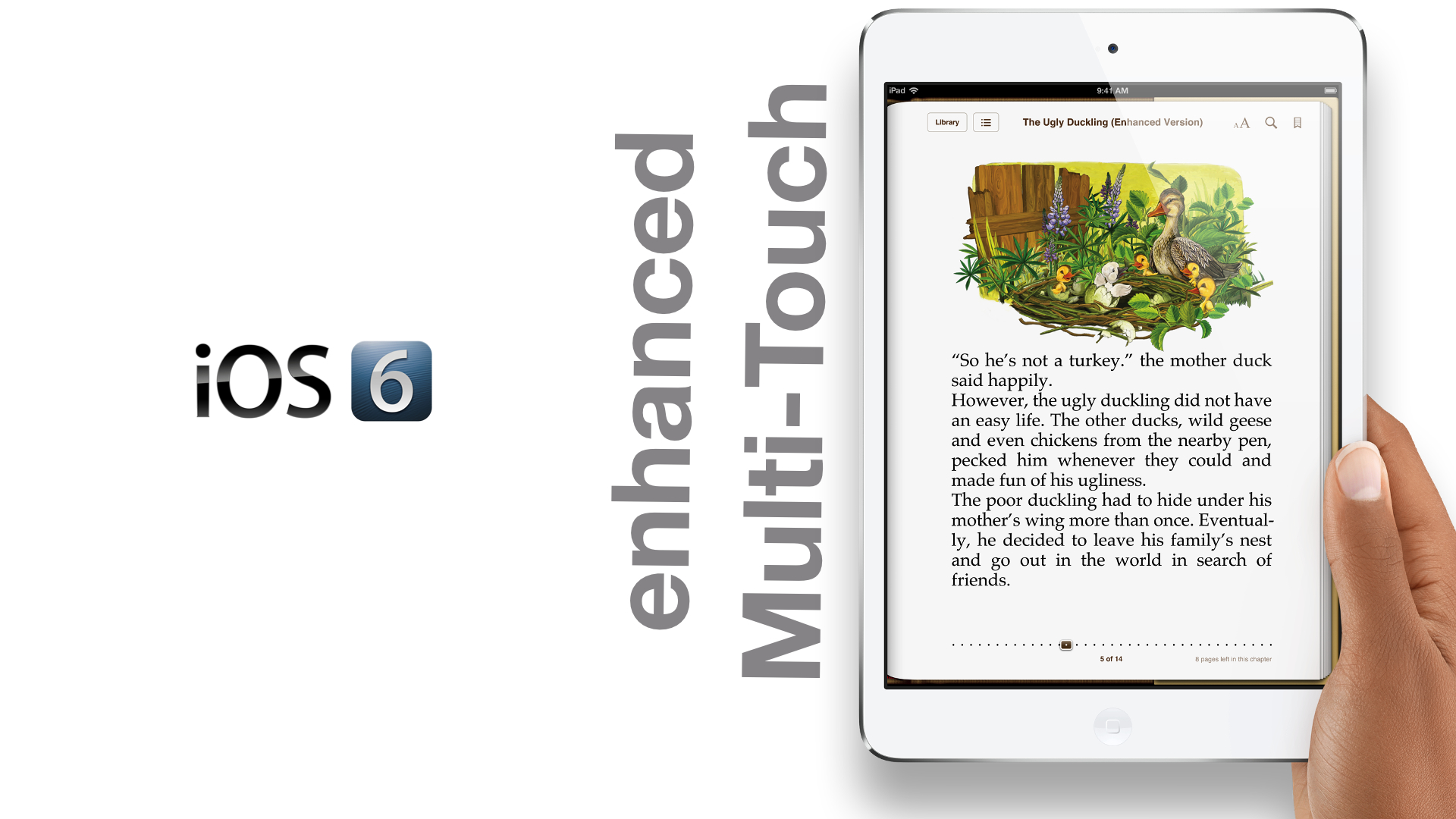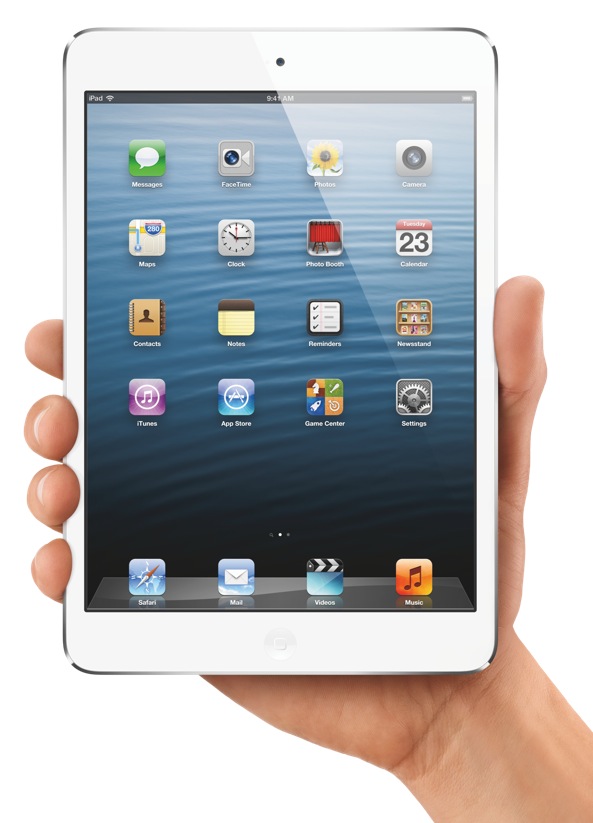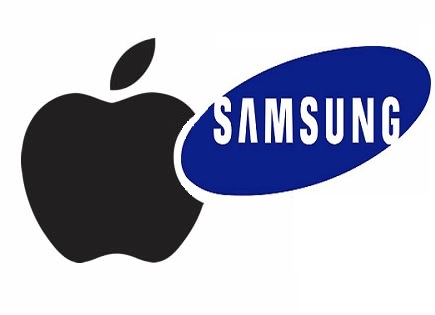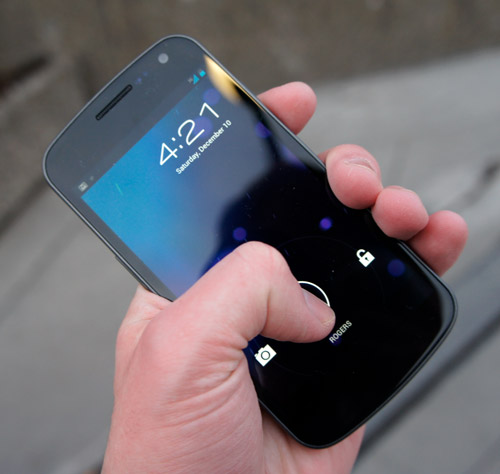Apple's online store has over time implemented a bunch of tweaks aimed at improving navigation and browsing product pages on Apple's mobile devices like the iPhone and iPad.
For instance, I've always liked the ability to swipe through teaser images on landing pages for specific products.
Here's an example: fire up Safari on your iPhone or iPad, visit www.apple.com/iphone and swipe through those big, beautiful product shots at the top. But the company isn't stopping there.
Having recently hired dozens of engineers, visual designers and web developers, Apple has now introduced a fresh set of tweaks to the online Apple Store, including the touch-friendly navigation bar which appears right below the main product sections (iPod, iPad etc.)...

